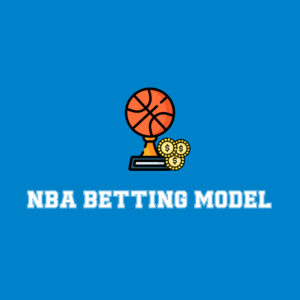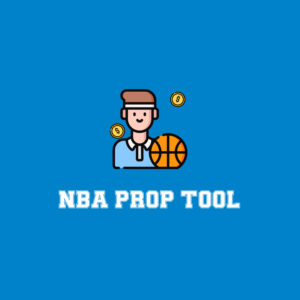
FTN’s Brad Evans hosted a fantasy football playoff draft for his SiriusXM show “Fade the Noise.” It’s a small league with seven teams, including Evans and fellow FTN-ers Eliot Crist and Jeff Ratcliffe.
This article will break down the draft to help you see how experts are approaching the fantasy football playoffs for the 2020-2021 NFL season. We’ll review some of the strategies that surfaced to help you dominate your fantasy playoff league.
Want more fantasy football playoff competition? Check out the Fantasy Football Players Championship Playoff Challenge, as well as my article breaking down all of the key players.
QBs are vital in the fantasy playoffs
(Note: This draft featured Team QBs instead of individual players, but for this article will talk about the individual players.)
QBs were hot off the board in this draft, as seven of the first 14 picks were QBs, including four of the first five picks. Josh Allen came off the board first overall. He was the top QB in fantasy during the regular season, and he has a good shot to play three or even four games in the playoffs, so he’s clearly a top option for the fantasy playoffs regardless of position.
After Ratcliffe took Davante Adams second overall in this draft, Patrick Mahomes, Aaron Rodgers and Drew Brees were the next three picks. Note that since this draft takes Team QB, the team that drafted Brees also gets any points Taysom Hill scores during the playoffs. Nice bonus there for leagues drafting Team QBs.
Lamar Jackson, Tom Brady and Russell Wilson all went in the second round. All three have the ability to play up to four games in the playoffs, and after this tier, there’s a drop down to Ben Roethlisberger/Ryan Tannehill — and then a complete cliff at the QB position after that.
You absolutely do not want to be stuck without a QB after all of the above mentioned are taken. If you are, your chances of eating multiple zeros at the position is high, which would almost certainly be enough to sink any hope you had of winning.
For RBs, expected games played trumps talent
Alvin Kamara, Derrick Henry, and Aaron Jones all went in the first two rounds of this draft. But the third round saw Ronald Jones and J.K. Dobbins go — long before bigger names like Nick Chubb, Jonathan Taylor and David Montgomery came off the board.
Do not be enamored by the ability to draft a star-studded playoff fantasy roster. Your give yourself a far better chance of winning if you heavily factor in expected games played.
For example, Montgomery was an elite fantasy RB1 for the second half of the regular season. But Ratclfife’s 2020-2021 playoff fantasy football projections have Zack Moss and Jamaal Williams scoring more fantasy points than Montgomery in the playoffs — and it’s all because of expected games played.
At WR/TE, look for the stacks
Let’s be blunt: You aren’t going to win the fantasy playoffs without correlation. A bunch of one-offs look great … until the Conference Championship round rolls around.
The experts in this league understood the importance of stacking. Ratcliffe paired Mike Evans with Tom Brady. Crist went all-in on the Buccaneers passing attack (Chris Godwin, Antonio Brown, Rob Gronkowski). We also saw Lamar Jackson and Marquise Brown paired up, Brees and Emmanuel Sanders go to the same team, and Roethlisberger and Chase Claypool team up.
Don’t forget about negative correlations
Just as you want to make sure you draft players that correlate positively with one another, you also want to avoid (as much as possible) taking players that are negatively correlated for the fantasy playoffs.
What does this mean? Simply put, you should avoid taking players that are playing against each other in the first round, or likely to face each other in the second round (though, to be fair, once you get past the first round, the ability to guess who will play who gets really hard).
So, for example, it’s not the smartest to start your draft with Lamar Jackson and then Derrick Henry. Only one of them is making it out of the first round.








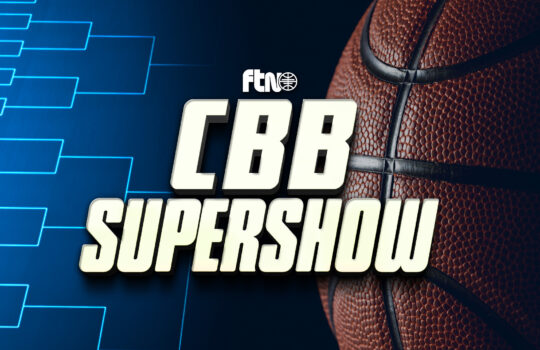

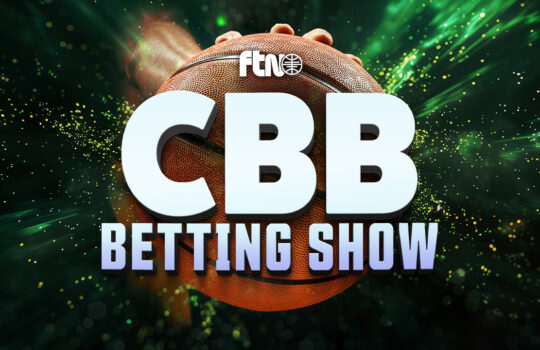











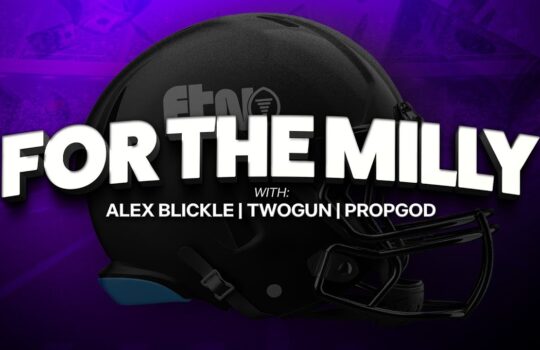






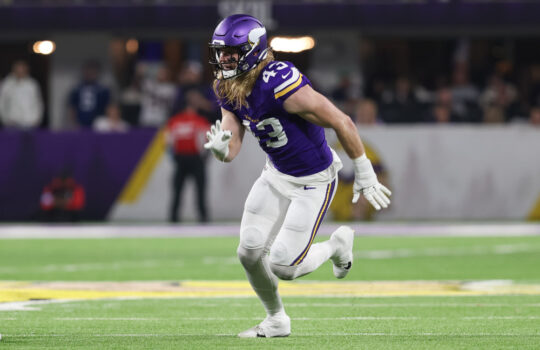



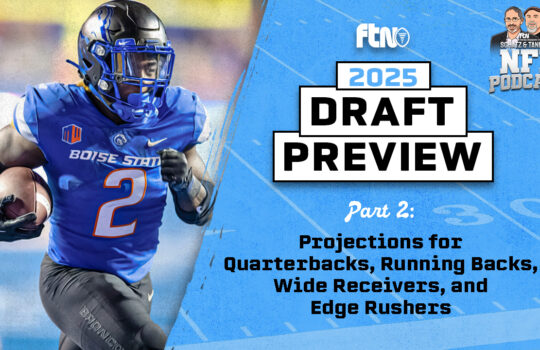

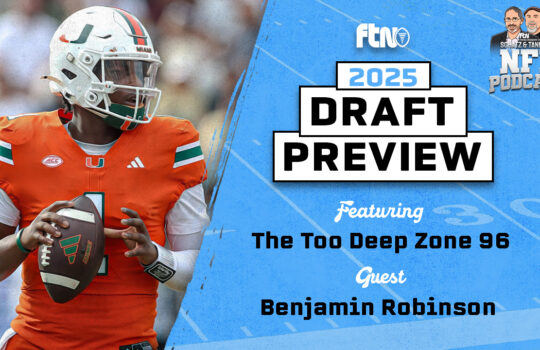
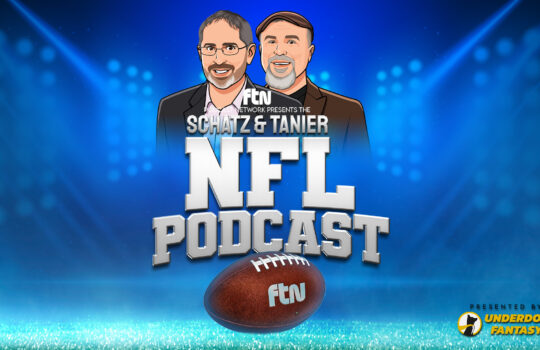




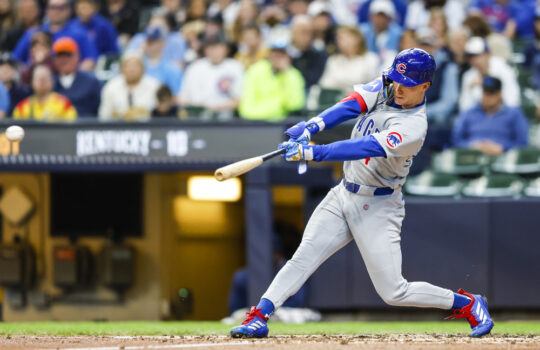

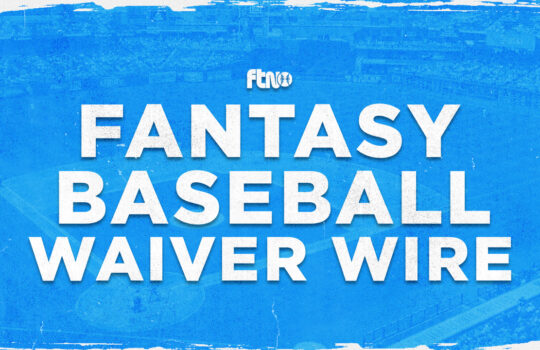

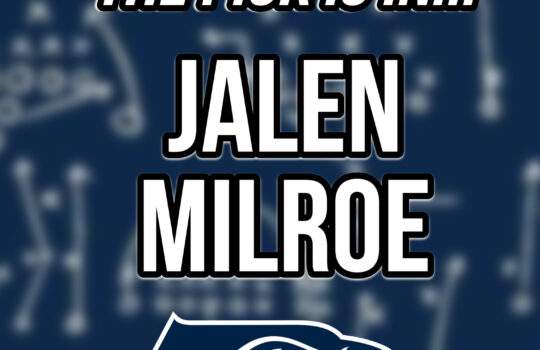

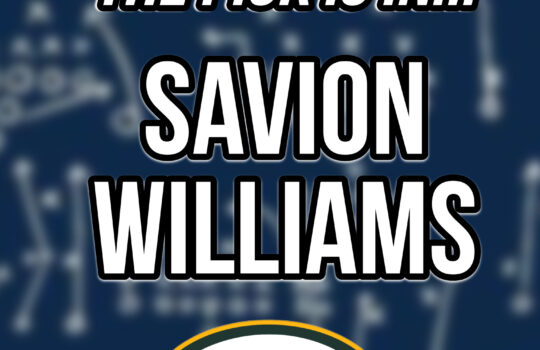
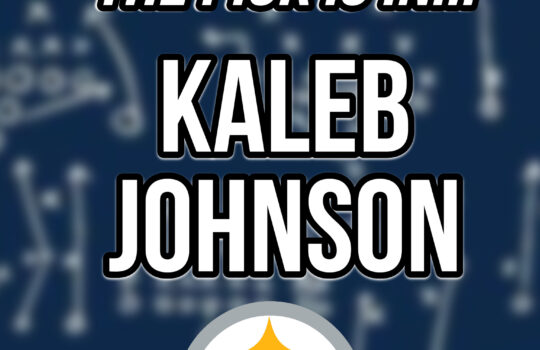

 New York Jets
New York Jets  New England Patriots
New England Patriots 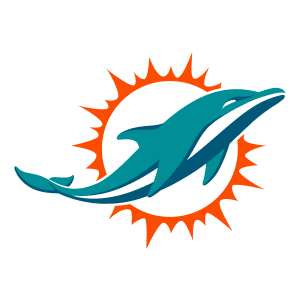 Miami Dolphins
Miami Dolphins  Buffalo Bills
Buffalo Bills  Pittsburgh Steelers
Pittsburgh Steelers  Cleveland Browns
Cleveland Browns  Cincinnati Bengals
Cincinnati Bengals 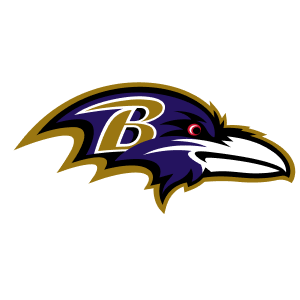 Baltimore Ravens
Baltimore Ravens 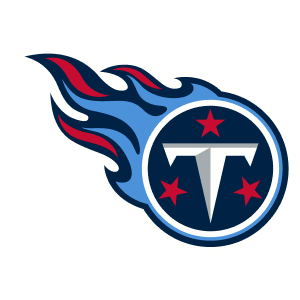 Tennessee Titans
Tennessee Titans  Jacksonville Jaguars
Jacksonville Jaguars  Indianapolis Colts
Indianapolis Colts  Houston Texans
Houston Texans  Las Vegas Raiders
Las Vegas Raiders 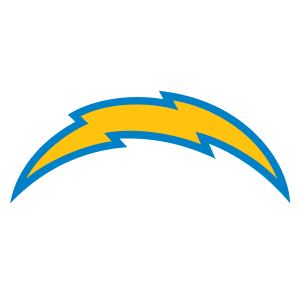 Los Angeles Chargers
Los Angeles Chargers  Kansas City Chiefs
Kansas City Chiefs 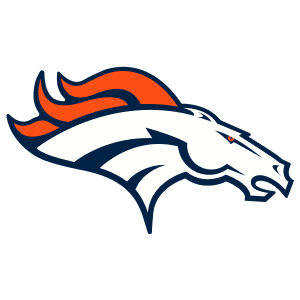 Denver Broncos
Denver Broncos  Washington Commanders
Washington Commanders  Philadelphia Eagles
Philadelphia Eagles 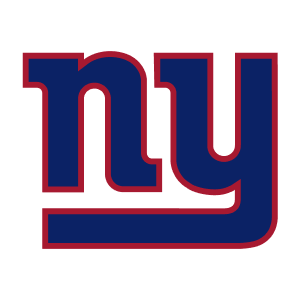 New York Giants
New York Giants  Dallas Cowboys
Dallas Cowboys 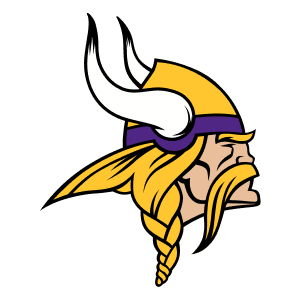 Minnesota Vikings
Minnesota Vikings 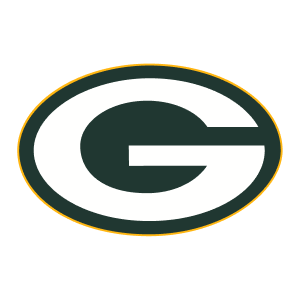 Green Bay Packers
Green Bay Packers 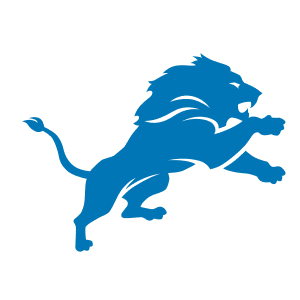 Detroit Lions
Detroit Lions 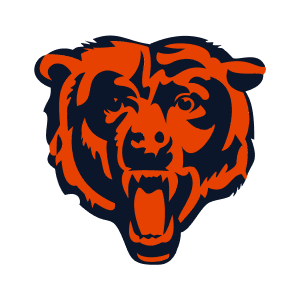 Chicago Bears
Chicago Bears 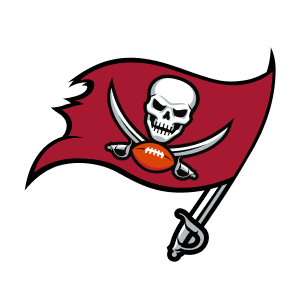 Tampa Bay Buccaneers
Tampa Bay Buccaneers  New Orleans Saints
New Orleans Saints 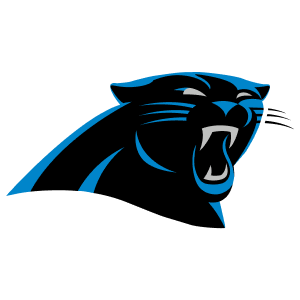 Carolina Panthers
Carolina Panthers 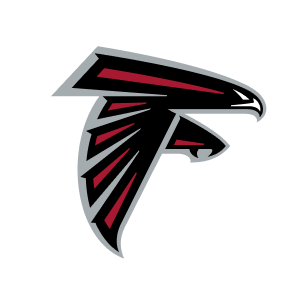 Atlanta Falcons
Atlanta Falcons 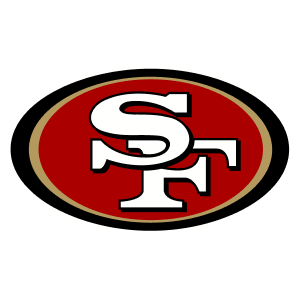 San Francisco 49ers
San Francisco 49ers 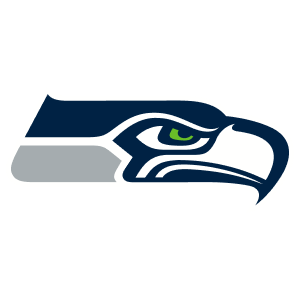 Seattle Seahawks
Seattle Seahawks  Los Angeles Rams
Los Angeles Rams 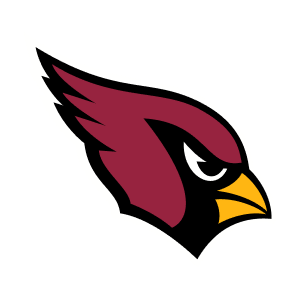 Arizona Cardinals
Arizona Cardinals 
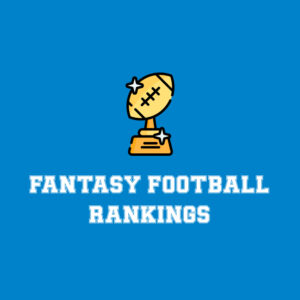
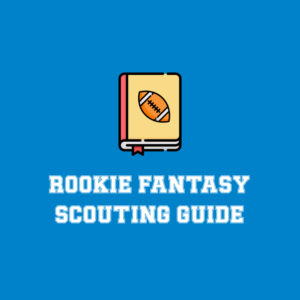
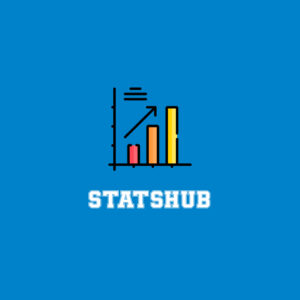





 Boston Celtics
Boston Celtics  Brooklyn Nets
Brooklyn Nets  Philadelphia 76ers
Philadelphia 76ers  New York Knicks
New York Knicks  Toronto Raptors
Toronto Raptors  Chicago Bulls
Chicago Bulls  Detroit Pistons
Detroit Pistons  Milwaukee Bucks
Milwaukee Bucks  Cleveland Cavaliers
Cleveland Cavaliers  Indiana Pacers
Indiana Pacers  Orlando Magic
Orlando Magic 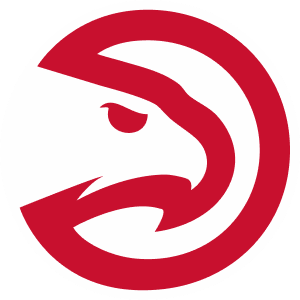 Atlanta Hawks
Atlanta Hawks  Charlotte Hornets
Charlotte Hornets  Miami Heat
Miami Heat  Washington Wizards
Washington Wizards  Denver Nuggets
Denver Nuggets  Minnesota Timberwolves
Minnesota Timberwolves  Oklahoma City Thunder
Oklahoma City Thunder  Portland Trail Blazers
Portland Trail Blazers  Utah Jazz
Utah Jazz  LA Clippers
LA Clippers  Golden State Warriors
Golden State Warriors  Los Angeles Lakers
Los Angeles Lakers  Phoenix Suns
Phoenix Suns  Sacramento Kings
Sacramento Kings  Dallas Mavericks
Dallas Mavericks  Houston Rockets
Houston Rockets  Memphis Grizzlies
Memphis Grizzlies  New Orleans Pelicans
New Orleans Pelicans  San Antonio Spurs
San Antonio Spurs 
